Five top English seaside towns
Going to the seaside in England means something quite different than in the rest of the world. For one thing, the weather isn’t necessarily going to play nice and let you actually swim in the sea (though some hardy souls will brave the most inclement temperatures). And most other countries don’t pack their beaches with amusement fairs and tacky slot machines. But there is something about the English seaside towns that makes them special.
Going to the sea for a holiday was originally the preserve of the wealthy – Queen Victoria had a palatial residence on the Isle of Wight, and the Prince Regent popularised Brighton as a hang-out for his rich mates. But in the mid-nineteenth century the economy changed and suddenly the lower classes were able to take holidays on the coast. Some employers even arranged company days out to the sea, with all expenses paid.
Britain’s seaside towns have a lot to offer the casual tourist as well as the long-term wanderer. Let’s look at some of the more popular towns and what makes them special.
Blackpool
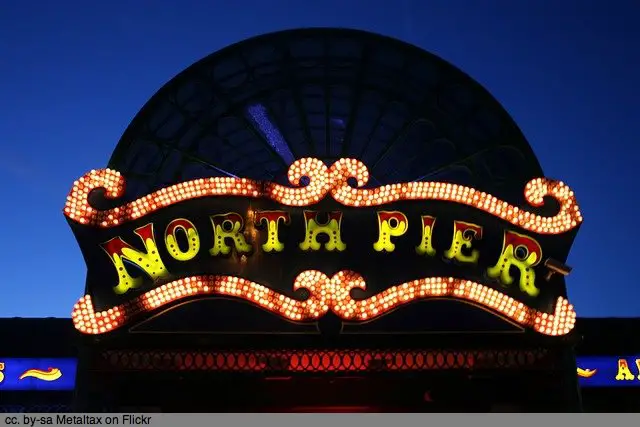 Blackpool is the most popular seaside town in the UK. It was popularised as a tourist destination in the mid-nineteenth century, as inhabitants of the northern mill towns headed there for their holidays when the factories closed for maintenance for a week in summer. Blackpool is full of attractions for the seaside visitor, including three piers, Blackpool Pleasure Beach and Blackpool Tower — a landmark reminiscent of Paris’s Eiffel Tower.
Blackpool is the most popular seaside town in the UK. It was popularised as a tourist destination in the mid-nineteenth century, as inhabitants of the northern mill towns headed there for their holidays when the factories closed for maintenance for a week in summer. Blackpool is full of attractions for the seaside visitor, including three piers, Blackpool Pleasure Beach and Blackpool Tower — a landmark reminiscent of Paris’s Eiffel Tower.
Brighton
Popularised by the Prince Regent, Brighton is an interesting town. Its pier boasts fairground rides such as the helter skelter and various roller coasters, as well as the ubiquitous slot machines and toy grabbers. The shops along the beach have a myriad of wares to offer, including (of course) fish and chips. But certainly worth a visit is the Royal Pavilion, the Prince Regent’s old stomping ground.
Hastings
Only an hour east of Brighton, and two hours south of London, Hastings is worth a day-trip for its position in history. The battle of Hastings in 1066 is perhaps Britain’s most important historical event, when William the Conqueror successfully invaded Britain. The beach is rocky and the pier is unfortunately closed, but you can still get fish and chips and play the slot machines, as well as sating your hunger for history at various museums and exhibitions.
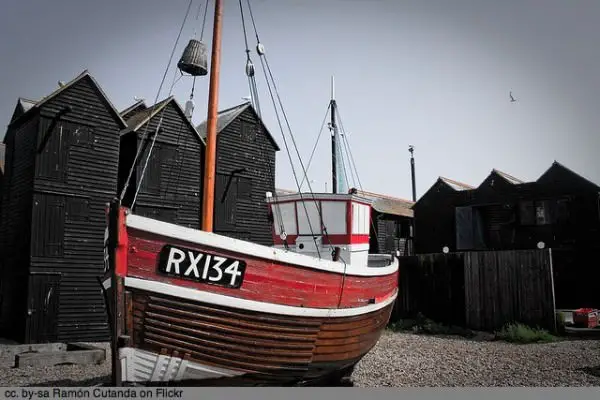
Newquay
Newquay is full of beaches – ten sandy beaches vie for your attention, and it’s one of the few places in Britain where you can surf. In fact, the surf is quite good and Newquay’s Fistral beach has held international surfing events for the past twenty years. Newquay also boasts a reputation for good weather.
Shanklin
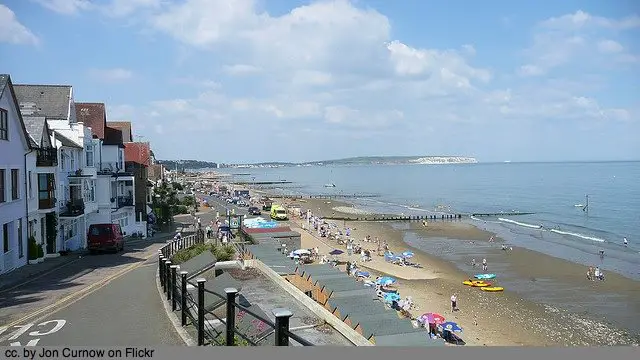 If you’re heading to the Isle of Wight, Shanklin is your coastal city of choice. Its long beach has a pleasant promenade and the gardens on the cliff above offer free music events in summer. Shanklin Zoo is the home of ITV’s “Tiger Island” but kitch isn’t missing: the slot machines are out in force and there’s a nice mini-golf course just across the road from the water.
If you’re heading to the Isle of Wight, Shanklin is your coastal city of choice. Its long beach has a pleasant promenade and the gardens on the cliff above offer free music events in summer. Shanklin Zoo is the home of ITV’s “Tiger Island” but kitch isn’t missing: the slot machines are out in force and there’s a nice mini-golf course just across the road from the water.
So if you’re heading to England, don’t skip a trip to the seaside – there’s plenty of places to choose from. Remember to eat fish and chips on the beach and try your luck on the twopenny slot machines – it’s cultural!


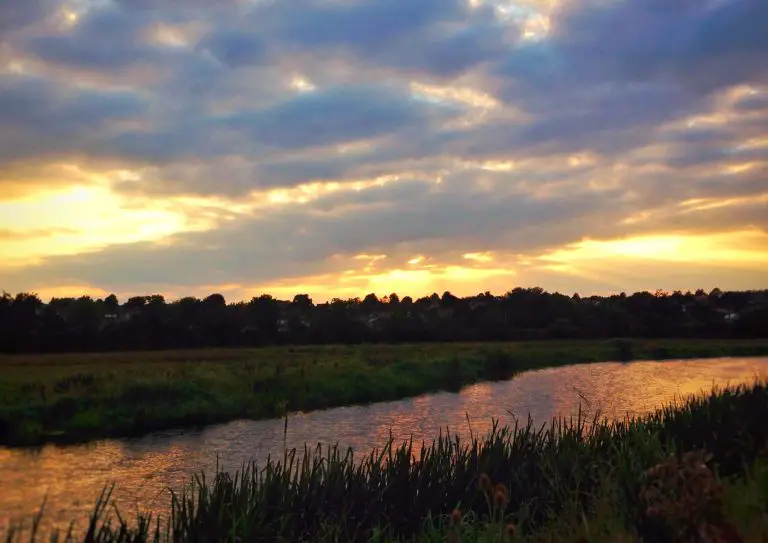
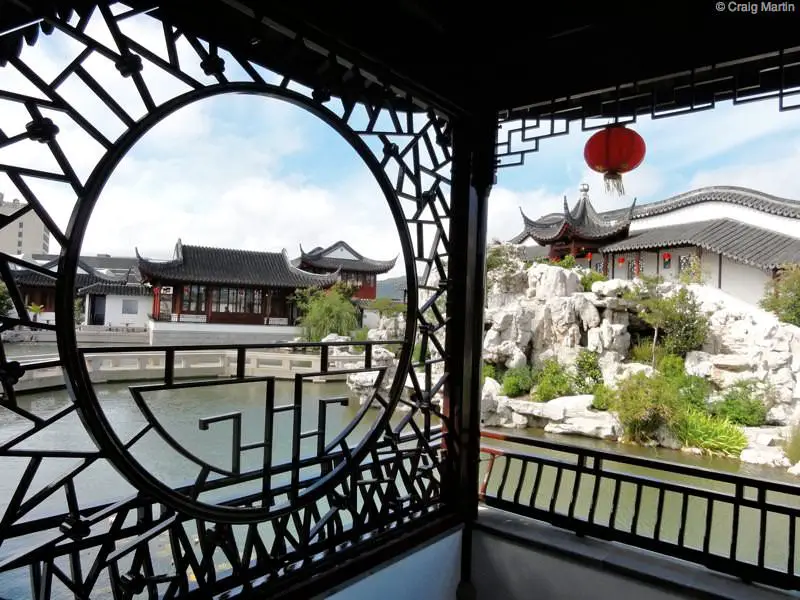


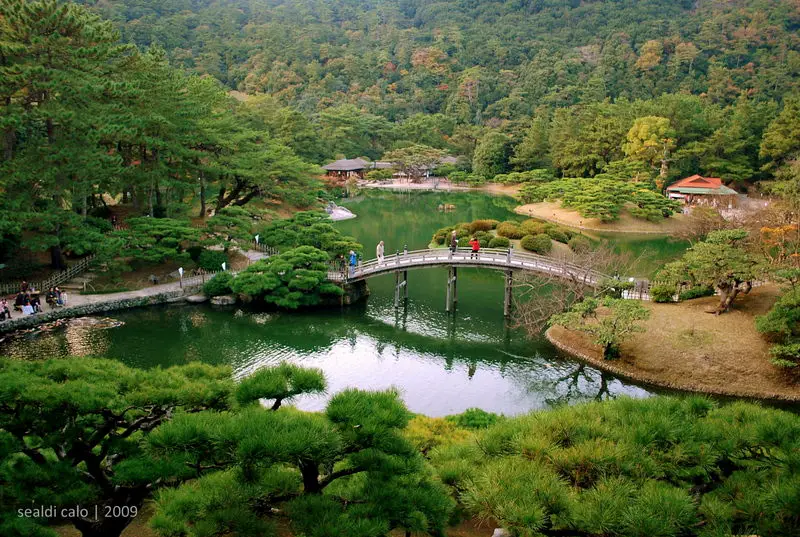
Linda,
I really like your post; a nice level of historical detail with some astute observations of English seaside towns today. I grew up in the seaside town of Whitley Bay in Tyne & Wear. Sadly, the town’s days as a thriving resort have long since passed; falling victim to the package holiday in the sun.
Phil
Thanks for your thoughts Phil. There’s a lot of that, we fear! But Britain still has a lot to offer, even if it’s not the sun.
I can’t believe you’d consider Blackpool as a top seaside resort. Maybe 15+ years ago, but in 2010, it represents the worst of British culture. There’s definitely a place for traditional seaside resorts, with amusement arcades and promenades lined with fish and chips and candyfloss, I even quite like them, but not Blackpool. It’s rough to the core.
Hey Ant, good point. I included it because it’s still the most popular town by the sea in the UK, and it does have that history behind it. Personally, I like a nice, warm, empty, sandy beach without any slot machines, but they can be hard to come by in England!